This reader, the third in the Critical Issues in Indian politics series, discusses the politics and economics behind liberalization, and the impact of reforms on the political economy of India. In a crisp yet comprehensive introduction, the editor analyses state-market relations in India from 1947 to the late 1980s, placing the reforms in context.
One of the first of its kind on the political economy of reforms, this book addresses such questions as: Why did policy change occur? How was the political economy overturned? How was Indian private capital allowed to play a significant role in development in a democratic polity? What were the consequences? What was the nature of reforms after 1991? And how were the structural changes sustained?
Key contributions from Ashutosh Varshney, Jagdish Bhagwati, Montek Singh Ahluwalia, Lloyd and Susanne Rudolph, Baldev Raj Nayar, Prabhat Patnaik, and Rob Jenkins among others, focus on significant features of the post-reform era: the new politics of regulations governing markets in areas like telecommunications, power, and the stock market, industrial lobbying, trade unionism and its failure to incorporate the unorganized sector, and the curious mix of costs and benefits from the rise of the IT sector.
The contributors also caution the globalizing state against social disruption, and advocate an inclusive political economy of development. They highlight how society and politics are as important as economics to get around bottlenecks in growth and redistribution.
This collection of new and updated essays will be of value to students and scholars of Indian politics and economics, administrators, and policy-makers.

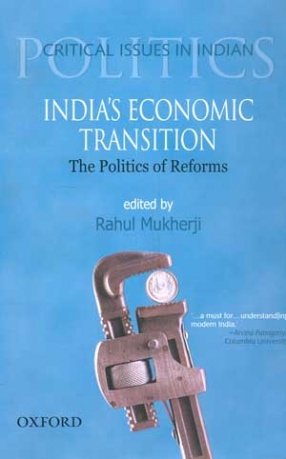

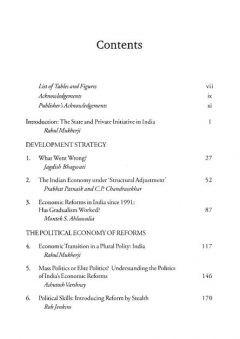
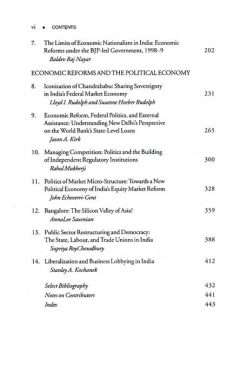
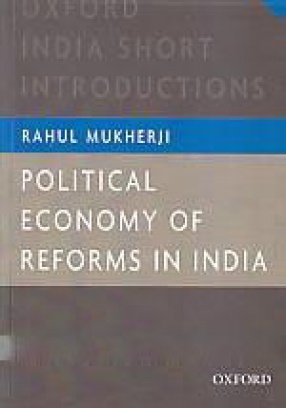
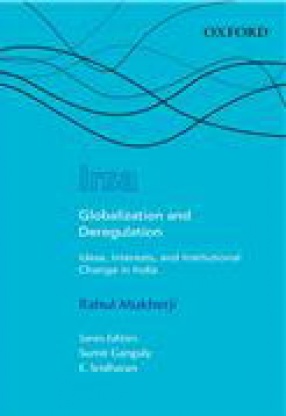

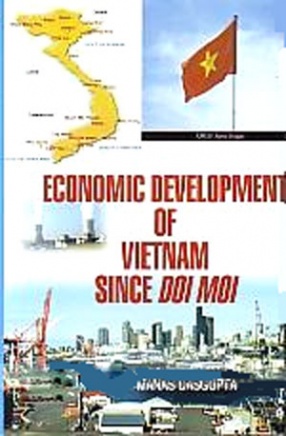
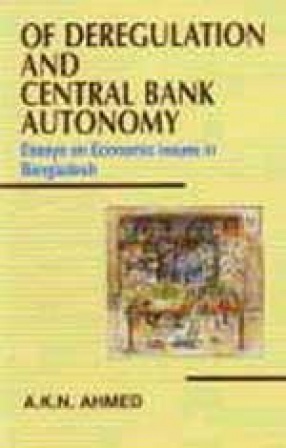
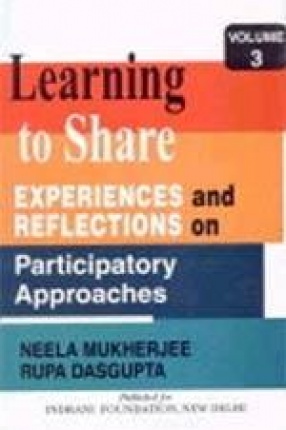
There are no reviews yet.